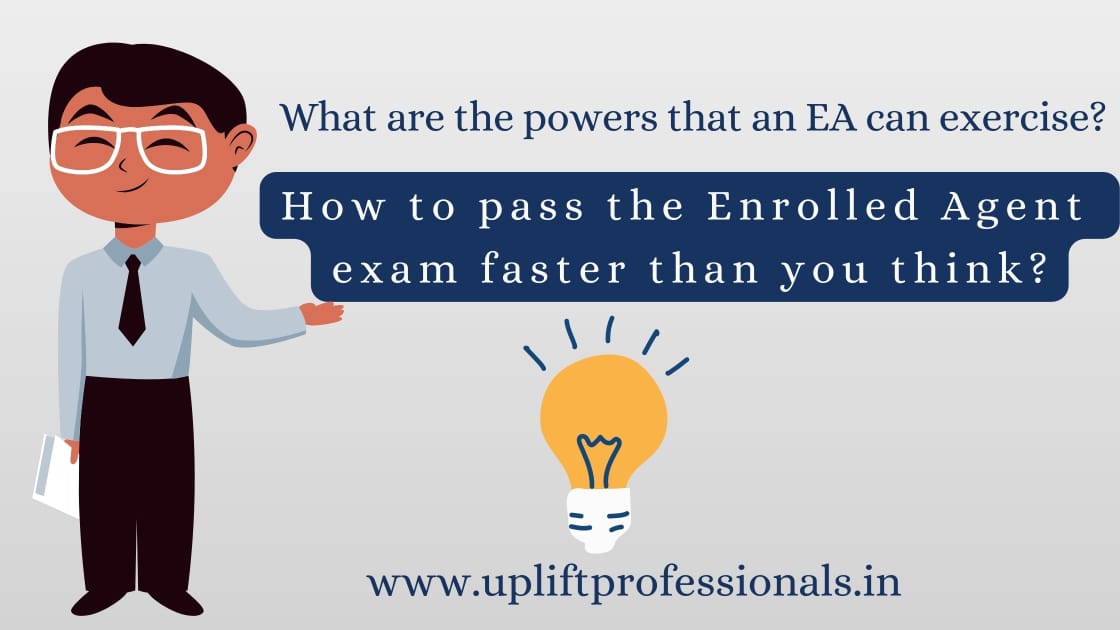Salary of Enrolled Agents in India and Abroad
An Enrolled Agent (EA) is a tax professional authorized by the Internal Revenue Service (IRS) to represent taxpayers in matters related to the U.S. tax system. With the growing globalization of businesses and increasing U.S. expatriate population, the demand for EAs is rising both in India and abroad. This article explores the salary expectations for […]




